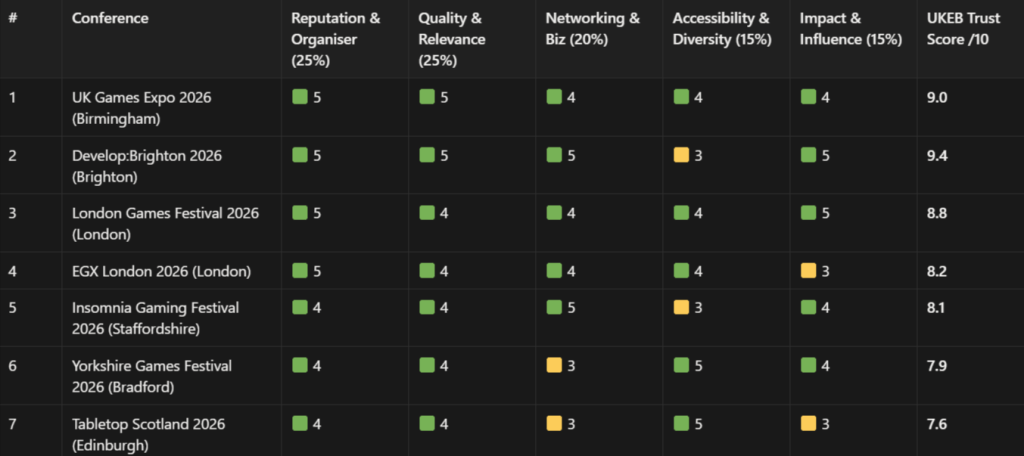When parents separate, the effects often reach far beyond the home and into the classroom. Children caught in the middle of changing family dynamics can struggle to maintain their focus on schoolwork.
The stress and emotional toll of moving between two households can appear as falling grades, reduced participation, or behavioural changes that teachers quickly notice.
When families separate, children face major changes that can influence their school performance. The impact varies depending on the child’s age, how they handle stress, and the level of conflict between parents.
Warning Signs of Academic Struggles During Family Transitions

Parents and teachers should watch for main signs that a child is having trouble balancing family changes with school demands. A sudden drop in grades often serves as the most obvious signal. Children who previously earned consistent marks may bring home lower grades as they struggle to focus.
Incomplete homework or assignments represent another common concern. Children moving between households might forget books or materials. They may also lack the emotional energy to complete work after processing difficult feelings about their family situation.
Withdrawal from school activities frequently occurs as children cope with family transitions. A child who once eagerly joined clubs, sports or classroom discussions might become quiet or uninterested. This withdrawal can extend to friendship groups, with some children experiencing social isolation.
Warning signs of academic and emotional struggles can emerge soon after parental separation. Early recognition allows for timely intervention before academic performance drops significantly.
Effective Co-parenting Strategies to Support School Success
Family solicitors can help establish education-focused parenting arrangements that keep academic stability in mind. Their knowledge ensures that formal agreements address school-related matters well.
Creating consistent routines across both households gives children needed stability. When both parents keep similar homework times, bedtimes and morning routines, children can focus better on learning instead of adjusting to changing expectations. Routine and consistency support both academic and emotional adjustment.
Setting up dedicated homework spaces in each home helps children keep academic focus. These areas should be quiet, well-supplied with materials, and free from distractions. When children have a reliable place to complete schoolwork in both homes, they stay more organised.
When parents struggle to agree on educational matters, mediation through qualified professionals can help resolve conflicts while putting children’s academic needs first.
If you are looking for a family law firm in Altrincham for example, seeking guidance from an expert can help resolve co-parenting issues that affect education.
Communication Approaches with Schools During Family Changes

Informing teachers about family transitions helps school staff provide appropriate support. Parents should schedule a brief meeting or send an email explaining the situation without sharing unnecessary details. This communication should happen early in the separation process.
During difficult periods, parents may request extra support or adjustments. Most state and private UK schools can offer additional check-ins with trusted staff members, homework extensions when needed, or access to quiet spaces if a child feels overwhelmed during the school day.
If co-parent communication proves challenging, setting up separate parent-teacher conferences may become necessary. While joint meetings show unity and are ideal, the main goal is ensuring both parents receive complete information about their child’s progress.
Schools can help by ensuring both parents receive all communications. Parents should provide current contact information for both households and clarify which parent should be contacted first for different situations.
Building Resilience to Minimise Educational Disruption
Providing age-appropriate explanations about family changes helps children process their new situation. Primary school children need simple, concrete explanations, while teenagers can understand more details about separation. Clear communication lowers uncertainty that might distract from learning.
Encouraging open dialogue about feelings creates emotional safety that supports academic focus. When children know they can share worries without judgment, they’re less likely to hold back emotions that interfere with concentration and learning.
Maintaining positive relationships with extended family gives extra support systems. Grandparents, aunts, uncles and cousins can offer homework help, attend school events, and bring stability during family transitions.
Professional counselling helps when school or home responses haven’t improved a child’s academic difficulties. In England, school staff or GPs may refer children to local Child and Adolescent Mental Health Services for specialist help.
Focusing on strengths and celebrating academic achievements builds confidence during uncertain times. Even small successes deserve recognition, helping children keep motivation despite family challenges.
Creating a sense of security even as households change remains important for academic recovery. When children feel safe in both homes, they can shift energy from worry to learning. With practical co-parenting strategies, children can continue making academic progress while getting used to their new family structure.











































